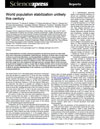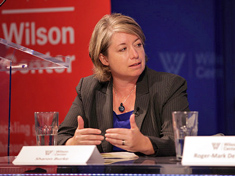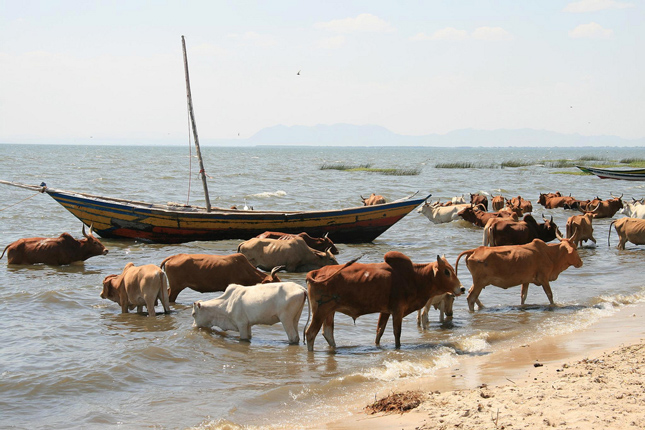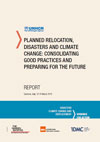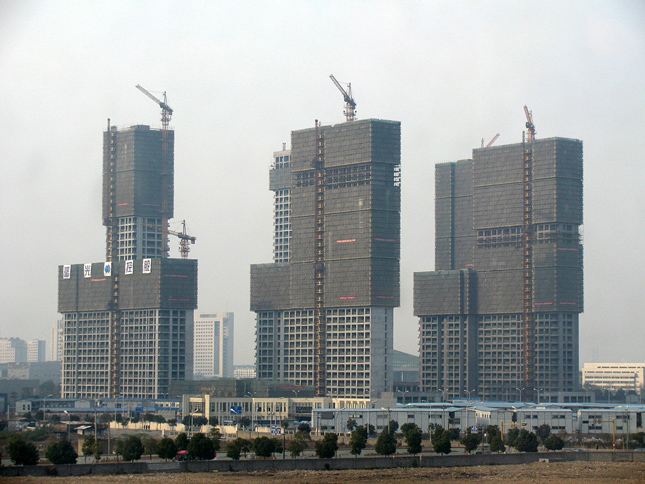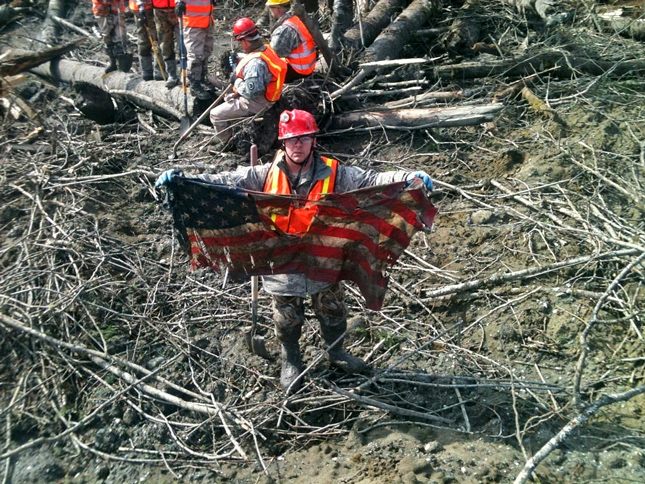-
New Approaches to Projecting Population Yield Divergent Forecasts and Valuable Insights
› As the UN General Assembly begins charting a course toward sustainable growth, population projections will likely undergird many of their most important assumptions about the future. As two new papers released last week demonstrate, however, there are differing opinions about how much the world’s population will grow and when it will stabilize.
As the UN General Assembly begins charting a course toward sustainable growth, population projections will likely undergird many of their most important assumptions about the future. As two new papers released last week demonstrate, however, there are differing opinions about how much the world’s population will grow and when it will stabilize. -
Short Films on Cuba, France, Australia Reminders of Immediacy of Climate Challenge
›
Much of the time, discussion about climate change is focused on the future – How bad will it be? Will it lead to more conflict? Who will be most vulnerable? But it is in fact a current phenomenon. The climate system is already, for all intents and purposes, irrevocably changed and millions of lives have been changed along with it.
-
Not All Security Questions Have Military Answers, Says Sharon Burke
›
The U.S. military has historically relied on its capacity for technological innovation to respond to new risks and crises. But, as Sharon Burke explains in this week’s podcast, the Pentagon has had to invent a new role for itself in response to a changing world.
-
Paola Adriázola and Stephan Wolters, ECC Platform
Investing in Collaboration to Manage Natural Resource Conflict
›September 25, 2014 // By Wilson Center Staff
Conflict over environmental resources endangers rural people’s livelihoods and can increase the risk of broader social conflict. Yet joint action to sustain shared resources can also be a powerful means for community building. The Strengthening Aquatic Resource Governance (STARGO) project demonstrated this in three ecoregions: Lake Victoria, with a focus on Uganda; Lake Kariba, with a focus on Zambia; and Tonle Sap Lake in Cambodia. The results of the project were released at an event in Berlin in early July 2014.
-
Displacement Planning Critical for Climate Change Strategies, Studies Show
› Planned relocation should be a major component of national strategies for disaster risk management, climate change, and development, says a recent report by the UN High Commissioner for Refugees (UNHCR). The report comes as the result of an expert consultation held in Sanremo, Italy, in March of last year amid increased research linking the effects of climate change with migration and displacement.
Planned relocation should be a major component of national strategies for disaster risk management, climate change, and development, says a recent report by the UN High Commissioner for Refugees (UNHCR). The report comes as the result of an expert consultation held in Sanremo, Italy, in March of last year amid increased research linking the effects of climate change with migration and displacement. -
Andrew Revkin, Dot Earth
On the Path Past 9 Billion, Little Crosstalk Between UN Sessions on Population and Global Warming
›September 22, 2014 // By Wilson Center Staff
The United Nations and the streets of Manhattan are going into global warming saturation mode, from Sunday’s People’s Climate March through the Tuesday climate change summit convened by Secretary General Ban Ki-moon and on through an annual green-energy event called Climate Week.
-
Hydro-Diplomacy Can Build Peace Over Shared Waters, But Needs More Support
›
From Ukraine and the Middle East to sub-Saharan Africa and East Asia, the world is engulfed in a series of significant international crises. But despite such urgent issues, it would be a grave mistake to forget about the structural foreign policy challenges – such as access to water – that could become the crises of the future.
-
Climate Change a National Security Issue, Say Local and National Leaders From Pacific Northwest
›
The effects of climate change “are here now” and pose a “serious challenge” for the United States, said Alice Hill, White House senior advisor for preparedness and resilience, at the Wilson Center on July 29. [Video Below]
Showing posts from category climate change.


